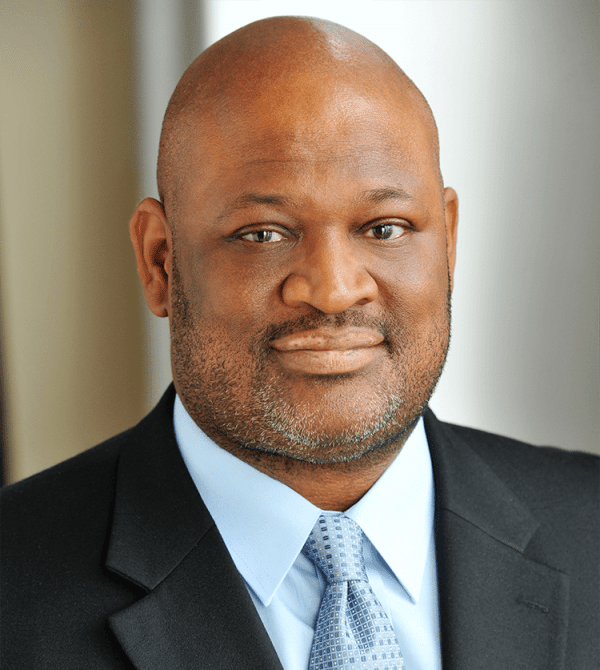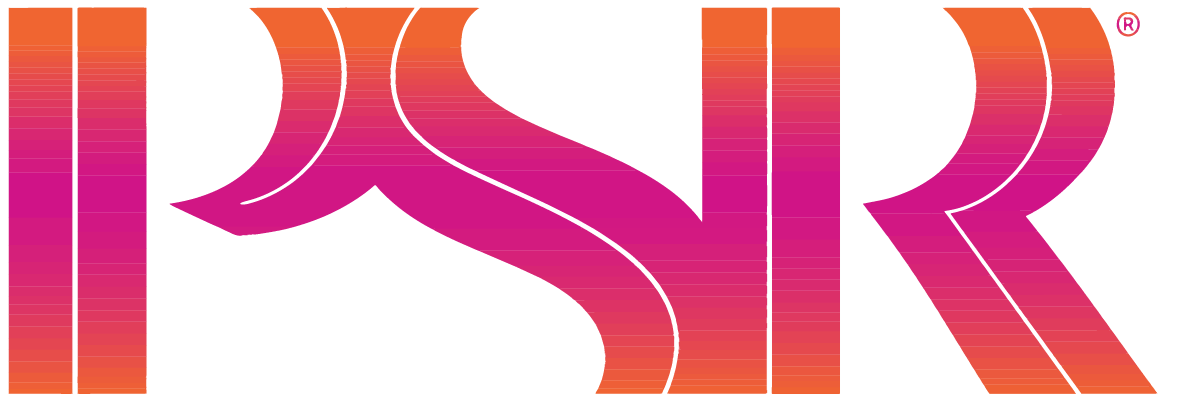PSR’s MDiv focuses on leadership formation, hands-on work experience, and theological study that is aligned with PSR’s radically inclusive Christian values.
Master of Divinity (MDiv)

The Master of Divinity (MDiv-Chaplaincy or Congregational Ministry), is a professional graduate degree program designed to prepare students from diverse backgrounds for various forms of spiritually rooted leadership and ministry.
PSR’s MDiv focuses on leadership formation, hands-on work experience, and theological study that is aligned with PSR’s radically inclusive Christian values.
This creative and innovative program is organized as a ‘stackable’ degree allowing students to receive a credential at the end of each academic year ensuring each year of study leads to a tangible outcome.
At the end of your first year of study in the program, you’ll receive either a Certificate of Spirituality and Social Change (CSSC) or a Certificate of Sexuality and Religion (CSR).
At the end of the second year, you’ll complete a Master of Arts in Social Transformation (MAST).
In the third year, you will complete the final requirements for a MDiv with the option of concentrating in chaplaincy or congregational ministry.
The MDiv is designed to be a full-time program completed in three years, but students have up to 10 years to finish.
On campus and distance education options are available for most students. Distance education for the MDiv degree is pending WSCUC approval.
Students seeking ordination within the United Methodist Church (UMC) must take their courses on campus in Berkeley, CA.
Designed for
Students looking to answer a call to religious leadership in congregational ministry or chaplaincy.
This program meets the requirements for ordination in United Methodist Church (UMC), United Church of Christ (UCC), and Christian Church (Disciples of Christ).
Learning Outcomes
- Articulate an understanding of texts and traditions, apply them to particular situations and critically engage with and communicate those texts and traditions.
- Recognize all knowledge as contextual; demonstrate understanding of the forces that shape your own context and show awareness of others’ context especially across race, sexuality, gender ethnicity, class, culture, nationality and other differences.
- Articulate the connection between spiritual practice(s) and the development of a leadership style.
- Form effective partnerships with various organizations and individuals with respect for those with different backgrounds, cultures and experiences.
- Integrate the various intellectual disciplines, fields, topics, and themes of theological education in the practices of ministry and public leadership in a variety of contexts especially with regard to social justice issues.
Degree Tracks
* In order to fulfill the denominational requirements, UMC students pursuing ordination must take their courses at PSR in an in-person modality.
Professional Opportunities
The MDiv prepares students for chaplaincy roles in the military, hospital or prison, or in congregational ministry in our affiliate denominations (UMC, UCC, DoC) or many other churches.
MDiv graduates are also prepared for positions in interfaith or faith-based NGO’s or nonprofits.
Admissions Requirements
- Complete an application for Admission – for directions refer to our ‘How to Apply’ page
- Submit transcripts from an accredited bachelor’s degree with a 3.0 GPA
- Provide three references (academic, professional and spiritual)
Prospective students who do not meet these requirements may be considered for provisional admission, provided they meet the following requirements:
- Applicants who hold an accredited bachelor’s degree without a 3.0 GPA should offer a GPA explanation on their application and will be evaluated on a case-by-case basis.
- Applicants who do not have an accredited bachelor’s degree must demonstrate that they have equivalent education and are adequately prepared for graduate study. This can be shown through references, other educational experiences, and a strong personal statement.
Students who are admitted provisionally will be limited to 9 units during their first semester. After the completion of 9 units with a 3.0 GPA, their status will move from provisional to full student status.
All applications are reviewed by a faculty committee.
For further program details, refer to the academic catalog.
